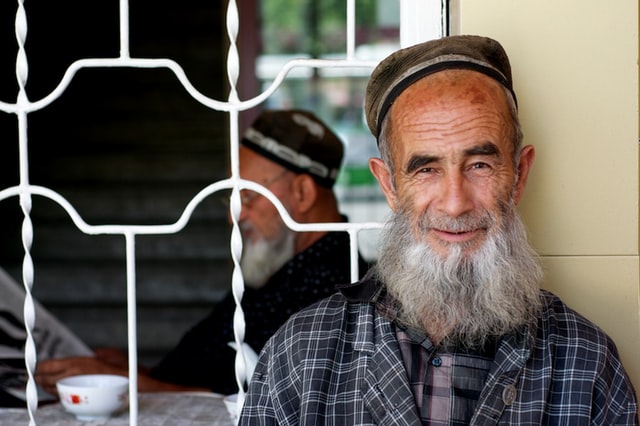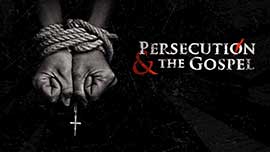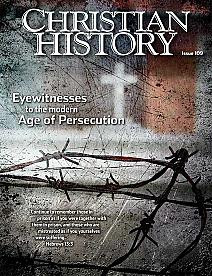BODIES AND SPLINTERS IN A TAJIKISTAN CHURCH

[Above: A man of Dushanbe, Tajikistan, photo 2021 by Joel Heard @kazheard / Unsplash]
WORSHIPERS AT GRACE SONMIN CHURCH in Dushanbe, Tajikistan, had no inkling they were in exceptional danger. Although Christians expected harassment and arrest, especially if they shared the gospel with Muslim neighbors, they could usually attend church safely.
The perception of peace changed rapidly on this day, 1 October 2000. Just past noon a bomb exploded on the third floor of the church. When Christians rushed downstairs to escape, a second bomb, cunningly timed to harm as many as possible, exploded at the exit. According to TASS, the explosions “tore the doors off their hinges, shattered the windows, and turned the furniture into splinters.” A third bomb, planted in the basement, failed to detonate.
Officially two hundred people were in the church, but non-governmental sources say the number was closer to four hundred. Many were children. Three people died instantly. Six more would die within hours or days. Dozens more were hospitalized, mostly with burns.
In a classic example of blaming the victim, authorities arrested and interrogated church leaders. They held twelve in cells overnight without visits or food, beating four whom they kept in custody for several days. Some of the Christians reported that interrogators tried to compel them to recant their faith. Officials blocked Western aid workers from seeing hospitalized victims.
In Grace Sonmin Church the gospel transcended ethnic barriers. Founded by Korean missionaries, it welcomed Tajiks, Russians, and Koreans, who worshiped side by side. However, the government had harassed the mission for years for “illegal missionary propaganda” and for “provoking fear among the population.”
A month after the attack, police detained three students from a nearby Islamic school and according to unconfirmed reports eventually charged two of them with the crime.
The story was not over. Five hundred Christians met in the damaged building a month after the bombing to celebrate the ninth anniversary of the church's founding. Before the year was out, three severely injured Tajiks, who had flown to Korea for treatment, recovered and flew home. In December and January, terrorists bombed two daughter churches but no one was injured, although one of the bombings was a close call. A woman opened a suspicious gift of chocolates, saw a battery, and asked a man to run the basket across the street. As he was dashing back, it exploded, damaging a nearby building.
Bad as the bombs were, government interference was perhaps more oppressive. In 2005, officials threatened to ban the church and in 2009 to confiscate its property. The latter was not an idle threat. Courts have confiscated other church properties in the little country.
—Dan Graves
----- ----- -----
Christians worldwide suffer for their faith. Watch Persecution and the Gospel at RedeemTV.
For more on the sufferings of Christians worldwide, consult Christian History #109, Eyewitnesses to the Modern Age of Persecution
Other Events on this Day
- Pope Decreed a FEAST for France's Archbishop Remigius
- Instead of Unity, Marburg Brought More Division








